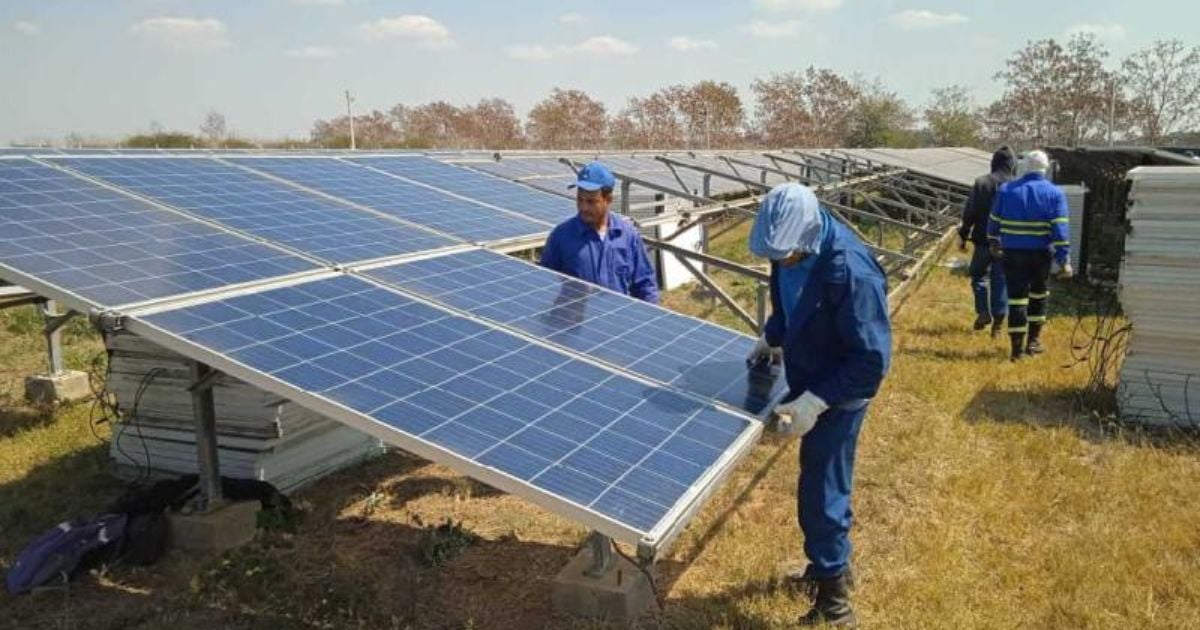Amidst one of the most severe energy crises in recent decades, the Cuban government is offering "hope" by promising to end daytime blackouts by 2026 through the use of solar energy. Ramsés Montes Calzadilla, the Director of Energy Policy and Strategy at the Ministry of Energy and Mines, shared with the state-run newspaper Granma that a massive 2,000 megawatt (MW) solar energy project, coupled with battery storage systems, is projected to supply an average of 1,400 MW at midday.
According to Montes, this development is expected to halt daytime blackouts and decrease fossil fuel consumption by 832,000 tons annually. The initiative aims to cut energy consumption by 48% and reduce fuel imports to a fifth of their current levels, all as part of the National Strategy for Energy Transition. The project emphasizes the use of renewable energy sources (RES), the electrification of transportation, and the adoption of technologies like induction stoves and biomass boilers.
Renewable Energy as a Pillar of Change
The Cuban regime insists these changes are vital for achieving energy security, sufficiency, and sovereignty while cutting costs and positively impacting the environment. However, the announcement comes amidst a severe economic crisis, frequent blackouts, and a continuous decline in the nation's electrical infrastructure, casting doubt on the project's actual viability.
Recently, a Chinese company executive involved in distributing solar technology in Cuba, and who participated in the Havana International Fair, stated that solar energy represents a long-awaited solution for the country, which has faced an unprecedented energy crisis in recent years. Qiaoming Huang, President of Hangzhou Duojia Technology Co. Ltd, told Reuters, "We believe solar panels are the ultimate solution in this country, where there is abundant sunshine to resolve the shifts in the energy mix."
Partnerships and Future Plans
In April, Havana reached an agreement with China to promote solar energy within its electric grid, although neither government disclosed funding details for the project. Months later, the Cuban regime announced plans to produce 2,000 megawatts (MW) of solar energy by 2028, with the first 1,000 MW slated to begin operations in the summer of 2025, and the remainder by 2028.
In September, the Minister of Energy and Mines, Vicente de la O Levy, revealed the completion of two large photovoltaic solar parks, each with a capacity of 21 megawatts (MW), as part of the government's strategy to achieve "energy sovereignty."
Encouraging Citizens to Go Solar
As Cuba faces severe blackouts, Alfredo López Valdés, Director of the Cuban Electrical Union, suggested that island residents consider purchasing solar panels as an alternative to reduce dependence on the National Electric System (SEN).
